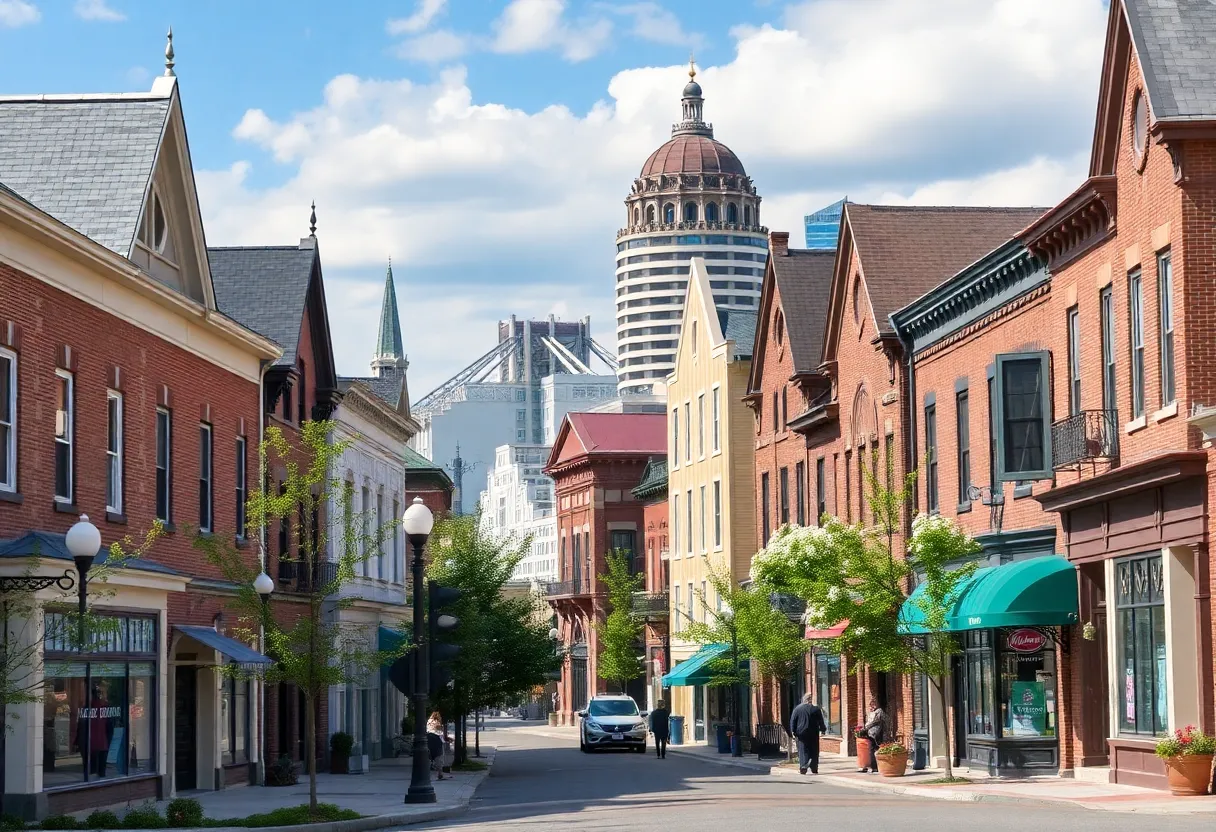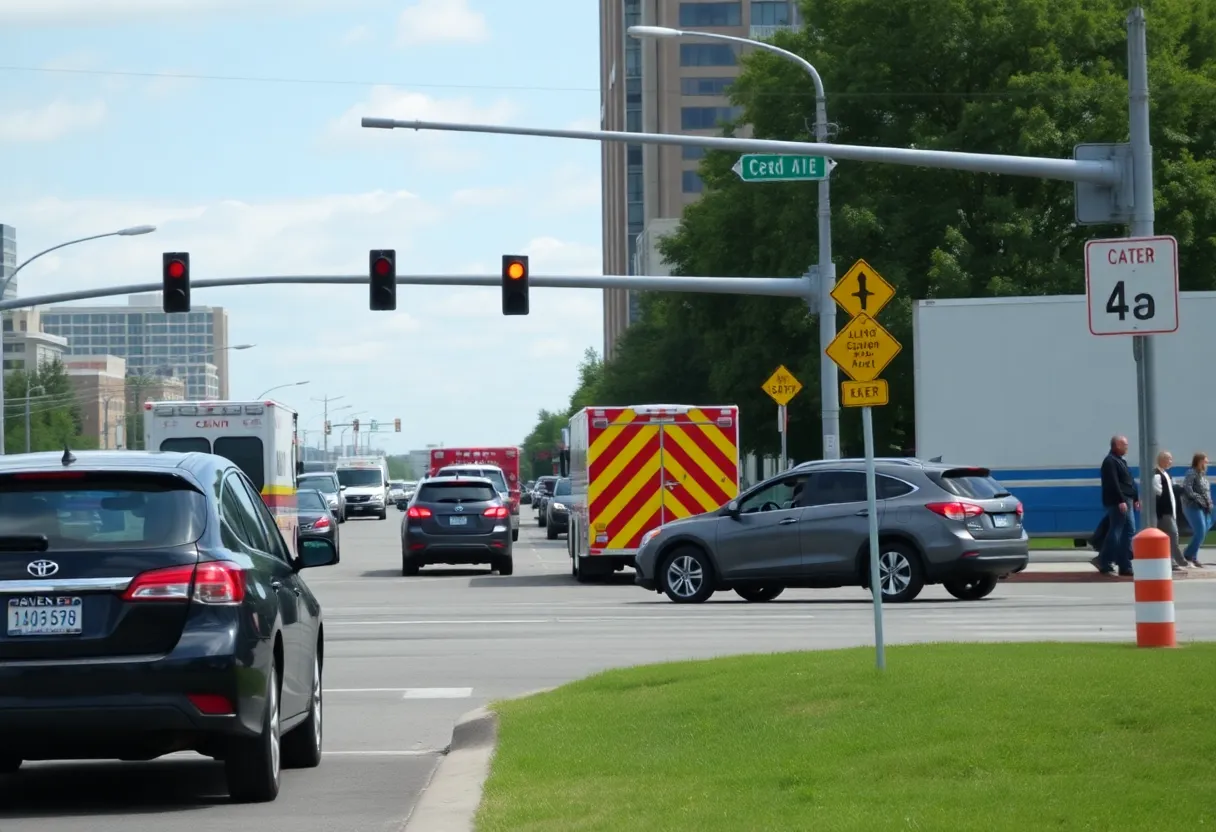News Summary
A bipartisan coalition of U.S. Senators has introduced the Resident Physician Shortage Reduction Act to tackle the expected physician shortage in the U.S. This legislation aims to increase Medicare-funded residency positions by up to 14,000 slots by 2033, particularly focusing on areas with healthcare provider shortages. As the U.S. may face a deficit of 13,500 to 86,000 doctors by 2036, this initiative is deemed crucial for strengthening the healthcare workforce and ensuring better access to care, especially in rural regions like Arkansas.
Little Rock, AR – A bipartisan coalition of U.S. Senators, including John Boozman (R-Ark.), Raphael Warnock (D-Ga.), Susan Collins (R-Maine), and Charles Schumer (D-N.Y.), has introduced legislation aimed at addressing the projected shortage of physicians in the United States. The Resident Physician Shortage Reduction Act seeks to increase the number of residency positions funded by Medicare, a response to the growing concerns over the availability of healthcare providers across the nation.
According to the Association of American Medical Colleges, by the year 2036, the United States may face a deficit of between 13,500 and 86,000 physicians. This alarming trend indicates a pressing need to bolster the healthcare workforce now and in the coming years.
In Arkansas specifically, approximately 25% of residents in training are currently not in Medicare graduate medical education positions. This is especially critical as the state ranks a low 46th in the nation for healthcare access, with only 60 primary care doctors for every 100,000 residents, starkly below the national average of 94 per 100,000.
The proposed legislation aims to enhance Medicare-backed residency positions by up to 14,000 slots by September 2033. The focus will be on rural hospitals and geographic areas that have been designated as health professional shortage areas, thereby directing resources to where they are most needed.
Experts note that the distribution of physicians is uneven, creating significant gaps in care, particularly in rural communities. To remedy this, there is a push for increased residency slots alongside incentives to encourage medical graduates to remain in the state.
Currently, the shortage of primary care physicians is notably felt in Arkansas, where rising demand for healthcare services has positioned nurse practitioners (NPs) as a vital resource during this crisis. They are increasingly providing essential healthcare services due to the dwindling number of primary care providers.
A recent report underscored the importance of increasing residency slots and emphasized the necessity of retaining medical professionals within the state to combat the ongoing physician shortage. For instance, the NYIT College of Osteopathic Medicine at Arkansas State is making strides to fill the gaps in physician availability, with over 70% of its graduates choosing to remain in local areas after completing their training.
The consequences of a shortage of primary care physicians can be severe. Patients face longer wait times and potential delays in receiving necessary care. A recent case highlighted by healthcare professionals illustrates the impact of these shortages, underscoring the critical nature of timely access to healthcare.
Legislative initiatives, alongside educational partnerships, are integral to improving healthcare accessibility across the state and addressing the physician shortage head-on. By increasing Medicare-backed residency positions, the Resident Physician Shortage Reduction Act holds the potential to significantly bolster the healthcare workforce, ensuring that citizens in both urban and rural areas can receive the medical care they need.
As this bipartisan effort gains traction, stakeholders in healthcare and education alike continue to advocate for policies that will enhance the capacity of medical facilities and support the cultivation of future healthcare professionals in Arkansas and nationwide. The urgency of addressing these issues cannot be overstated, as communities rely increasingly on a stable and sufficient healthcare workforce to meet their needs.
Deeper Dive: News & Info About This Topic
HERE Resources
Caribbean Medical Schools: A Pathway for Aspiring Physicians
Texas Passes Doctor Act to Alleviate Physician Shortage
British Columbia Launches Campaign to Recruit U.S. Healthcare Workers
British Columbia Attracts U.S.-Trained Healthcare Workers
British Columbia Sees Surge in U.S. Health-Care Applications
British Columbia Seeks Healthcare Workers from U.S.
Concerns Rise Over Nigerian Healthcare Worker Exodus
Additional Resources
- Arkansas Online: Boozman Joins US Senate Colleagues on Bill
- Wikipedia: Physician Shortage
- KAIT8: Arkansas Battles Doctor Shortage
- Google Search: Medical Residency Shortage Arkansas
- 4029 TV: Arkansas Faces Primary Care Crisis
- Encyclopedia Britannica: Nurse Practitioner
- KXAN: Physician Shortage Solution
- Google News: Physician Shortage Arkansas
- THV11: Arkansas Doctors See Months-long Waiting List
Author: STAFF HERE INDIANAPOLIS WRITER
The INDIANAPOLIS STAFF WRITER represents the experienced team at HEREIndianapolis.com, your go-to source for actionable local news and information in Indianapolis, Marion County, and beyond. Specializing in "news you can use," we cover essential topics like product reviews for personal and business needs, local business directories, politics, real estate trends, neighborhood insights, and state news affecting the area—with deep expertise drawn from years of dedicated reporting and strong community input, including local press releases and business updates. We deliver top reporting on high-value events such as the Indianapolis 500, Indy Jazz Fest, and the Indiana State Fair. Our coverage extends to key organizations like the Indy Chamber and Visit Indy, plus leading businesses in motorsports and healthcare that power the local economy such as Indianapolis Motor Speedway and IU Health. As part of the broader HERE network, we provide comprehensive, credible insights into Indiana's dynamic landscape.





